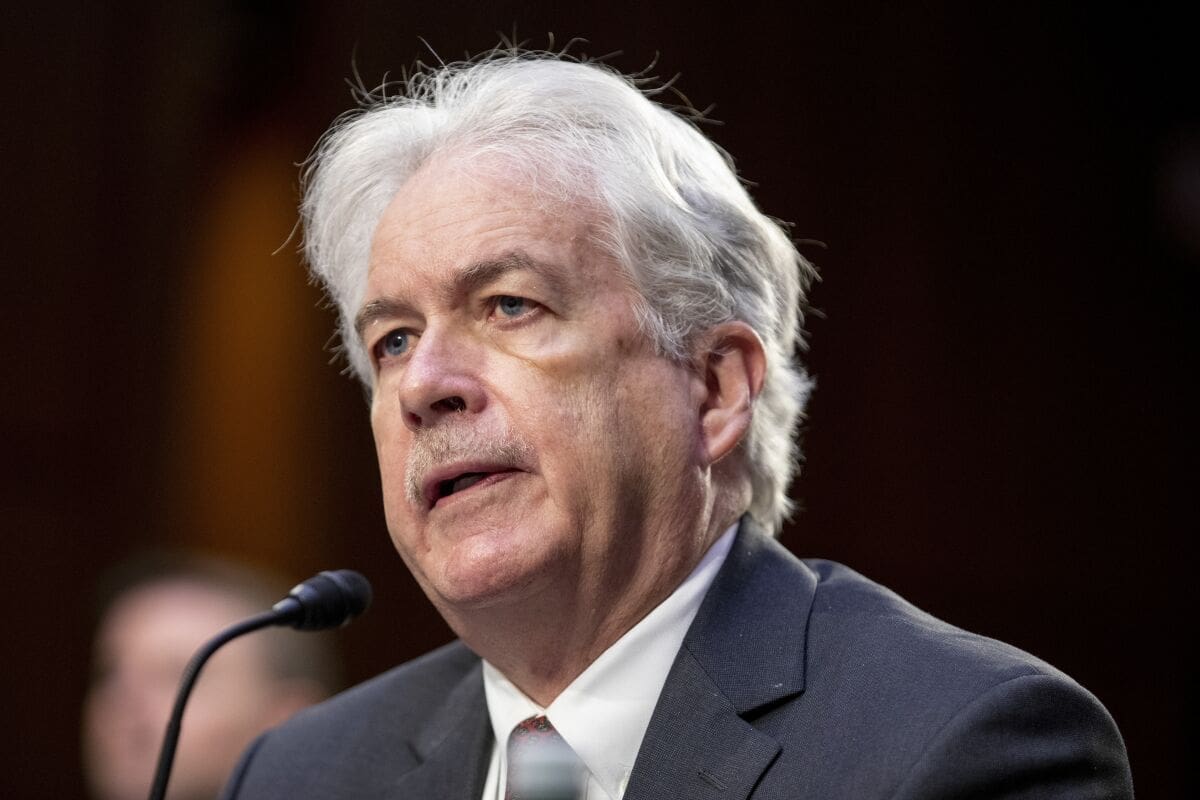In a significant move, U.S. President Joe Biden announced on Friday that he has asked CIA Director William Burns to join his cabinet, a decision that underscores Burns’ pivotal role as a close adviser on national security and foreign policy matters.

President Biden’s statement praised Burns for his exceptional leadership at the CIA, commending his clear-eyed, long-term approach to addressing the most critical national security challenges, such as Russia’s invasion of Ukraine and the intensifying competition with China.
While the news of Burns’ cabinet appointment was initially reported by The Washington Post, it is worth noting that this development is largely symbolic and will not grant Burns any new authorities beyond his existing role as CIA Director.

Commenting on the significance of the appointment, Bonnie Glaser, head of the Indo-Pacific program at the German Marshall Fund of the United States, highlighted that it reflects President Biden’s unwavering confidence in Burns and his extensive career experience in diplomacy and national security. Having become the first career diplomat to head the CIA in 2021, Burns has made significant contributions to crucial national security decision-making, particularly concerning Russia and China, according to Glaser.
It’s worth noting that Burns is not the first CIA Director to attain cabinet status, as former Presidents Bill Clinton and Ronald Reagan also appointed their CIA directors – John Deutch, George Tenet, and William Casey – to serve in their cabinets.
For Daniel Byman, director of the Security Studies Program at Georgetown University’s School of Foreign Service, this move is indicative of Burns’ incredible effectiveness, rather than a broader decision about the role of the CIA in the cabinet. Byman highlighted that Burns has played a pivotal role in shaping President Biden’s foreign policy, offering his expertise not only as an intelligence leader but also as a seasoned diplomat with experience in regions like Ukraine, the Middle East, and other parts of the world.
A White House official emphasized that presidents often vary the agencies represented in their cabinets. For instance, former President Barack Obama included the head of the Small Business Administration in his cabinet, and President Clinton similarly added Federal Emergency Management Agency head James Witt to his cabinet.
In conclusion, President Biden’s decision to elevate CIA Director William Burns to a cabinet position underscores his trust and reliance on Burns’ expertise in handling pressing national security and foreign policy challenges. While the move is primarily symbolic, it signifies the administration’s commitment to drawing on Burns’ knowledge and skills as they shape their foreign policy agenda.

